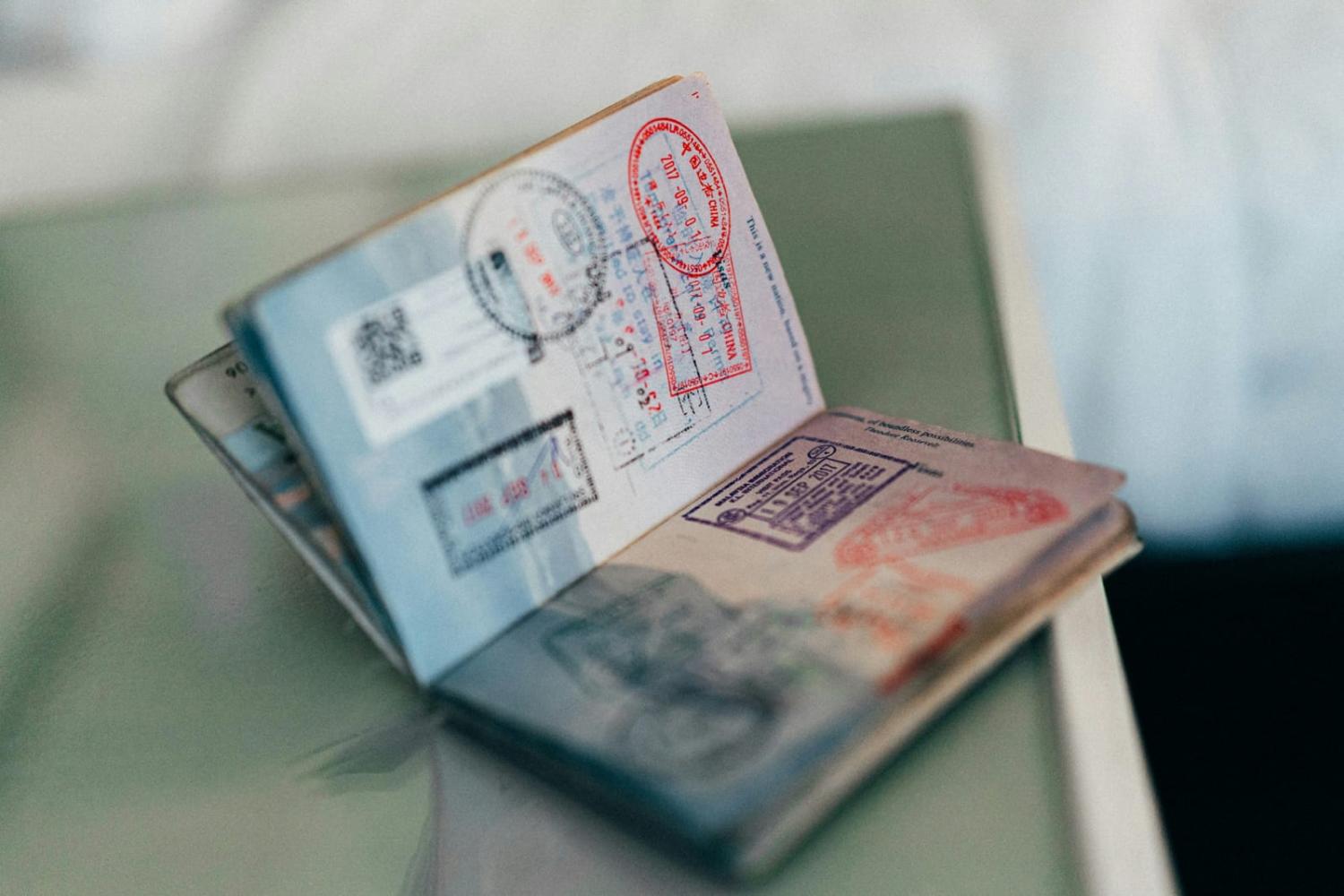Last week, Australia quietly axed a business visa scheme, which included a controversial Significant Investor category – colloquially known as a “golden visa” that targeted wealthy individuals to invest at least A$5 million in the country, and in return provided them with residency and a facilitated pathway to citizenship. This decision was supported by a 2016 Productivity Commission report which showed that the visas contributed little to the economy and could be subject to fraud.
Such residency by investment (RBI) schemes have an increasingly bad rap globally, as do their citizenship-granting siblings, citizenship by investment (CBI) or “golden passports”. The European Commission has said that golden passports and golden visas pose “serious risks to our security” and “opens the door to corruption, money laundering and tax avoidance”. In direct response to the Australian scheme, Transparency International Australia remarked: “For far too long corrupt officials and kleptocrats have used golden visas as a vehicle to park their illicit funds in Australia and arguably hide their proceeds of crime”.
While approximately 60 countries worldwide have golden passport or visa schemes to facilitate economic development, they face mounting pressure to get rid of them. The United Kingdom scrapped its RBI scheme (targeting Russian nationals) in 2022, as did Cyprus in 2020.
However, following Australia and the UK’s lead and abolishing such schemes in other contexts, particularly countries of the Global South, is likely to be difficult, and potentially unwise. This is highlighted by the largest and most controversial golden passport offering in the Pacific region – Vanuatu’s CBI scheme.
Vanuatu is one of a number of island states (including in the Pacific Islands region) which have opted to sell citizenship to generate passive investment to address their own development and security priorities.
Revenue generated from Vanuatu’s CBI scheme is significant. In 2020, despite Vanuatu’s simultaneous crises (of Cyclone Harold, a volcanic eruption, and Covid-19), the scheme provided 35% of total government revenue and contributed to a budget surplus. In 2022 the Vanuatu government reported that the CBI program contributed up to 50% of government revenue.
Axing Australia’s scheme will cost an estimated 0.0025% of total foreign investment, barely affecting its GDP. In contrast, independent economic analysis has shown that in 2019 passports sold by the Vanuatu government contributed a whopping 12% of its GDP.
This fiscal and economic contribution can come in handy. With Vanuatu listed as the country most prone to natural disasters in the World Risk Index, CBI revenue funds rebuilding in the wake of these emergencies.
Still, Vanuatu’s CBI scheme has been the target of international pressure. In 2022, the European Commission announced it would revoke the visa-waiver agreement it holds with Vanuatu due to the “risks linked to golden passport schemes” – making Vanuatu the first country in the world to receive such punitive measures from the European Union. Subsequently, the Europeans provided an 18-month extension on their suspension’s commencement, to give Vanuatu time to address their concerns, particularly about the lack of adequate checks into those who apply.
In 2023, the UK followed Europe’s lead. The Times reported that “Vanuatu is seen as the most concerning route for potentially hostile state spies and criminals” to enter the United Kingdom through visa-free access. Three months later, the UK revoked visa-free access for individuals travelling on Vanuatu passports, claiming the decision was aimed at “protecting national security”.
These responses have occurred off the back of significant criticism of Vanuatu’s CBI program featured regional and international media. Our recent analysis of Australian media reporting of the scheme has shown that its economic benefits (particularly in the wake of disasters) are largely ignored.

Much of the reported criticism about Vanuatu’s scheme centres around the fact that half of all successful applications come from China. Off the back of growing geopolitical tensions, this has raised serious security concerns in Australia. Yet, Australia’s recently-axed 888 visa scheme specifically targeted wealthy Chinese nationals (888 nomenclature is important in Chinese numerology) with 85% of successful applications (around 20,000 individuals) from Australia’s favourite “frenemy”.
Australia’s visa program was also criticised for failing to reject any of Chinese citizens who applied over the past decade, despite reports that foreign criminals and corrupt regime officials have acquired Australian citizenship via such programs. These concerns no doubt played a role in its axing, but they did not lead to the same sort of international sanctions imposed on Vanuatu.
Vanuatu’s CBI scheme, like others, has significant challenges. However, we need to be careful about how it is assessed.
In the case of Vanuatu, immediately scrapping its CBI scheme in response to foreign pressure could be detrimental. With CBI propping up a significant amount of the economy, funding hospitals, teachers and disaster relief, without it, Vanuatu would be forced to rely even more on stretched and unreliable donor budgets.
This is not to say that there isn’t room for improvement. In particular, more needs to be done to improve due diligence; this could include connecting the CBI scheme up with international databases which alert officials to international criminal histories. However, suddenly scrapping Vanuatu’s CBI as Australia and the UK have done, presents significant risks to the Vanuatu state and, ultimately, its citizens.
While there is a global trend towards axing golden visa and passport schemes, the case of Vanuatu is a reminder that one size does not fit all.


